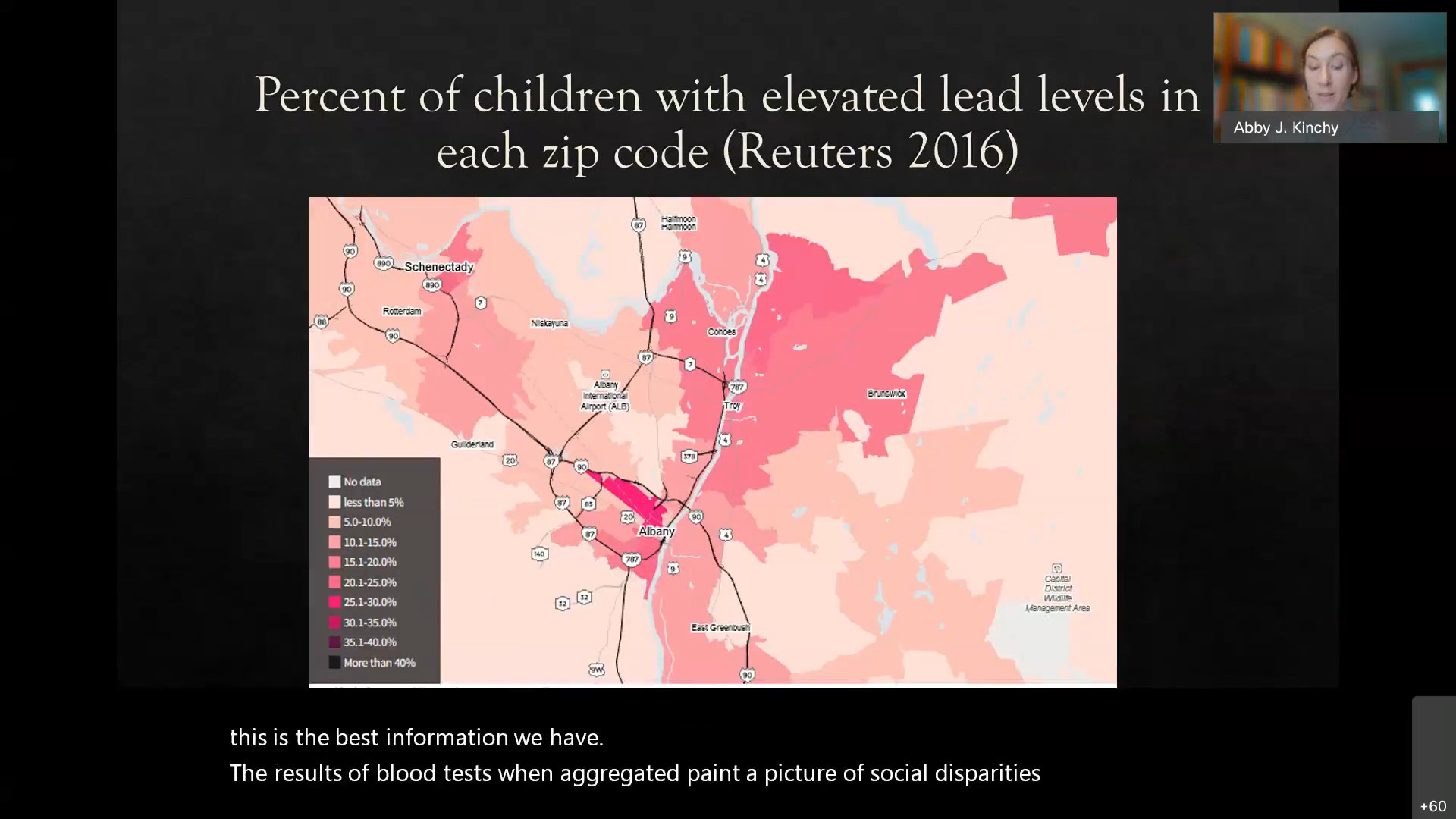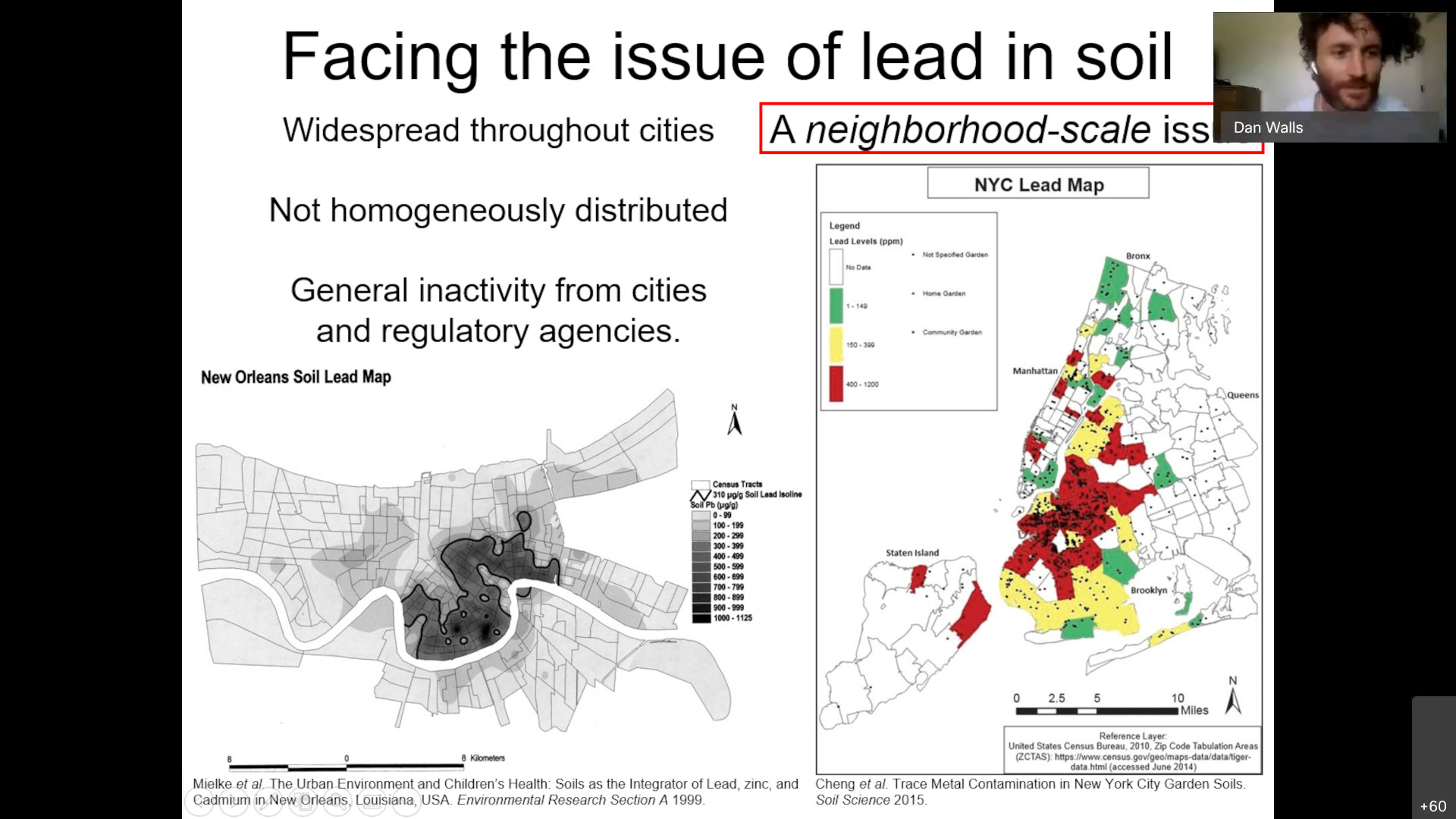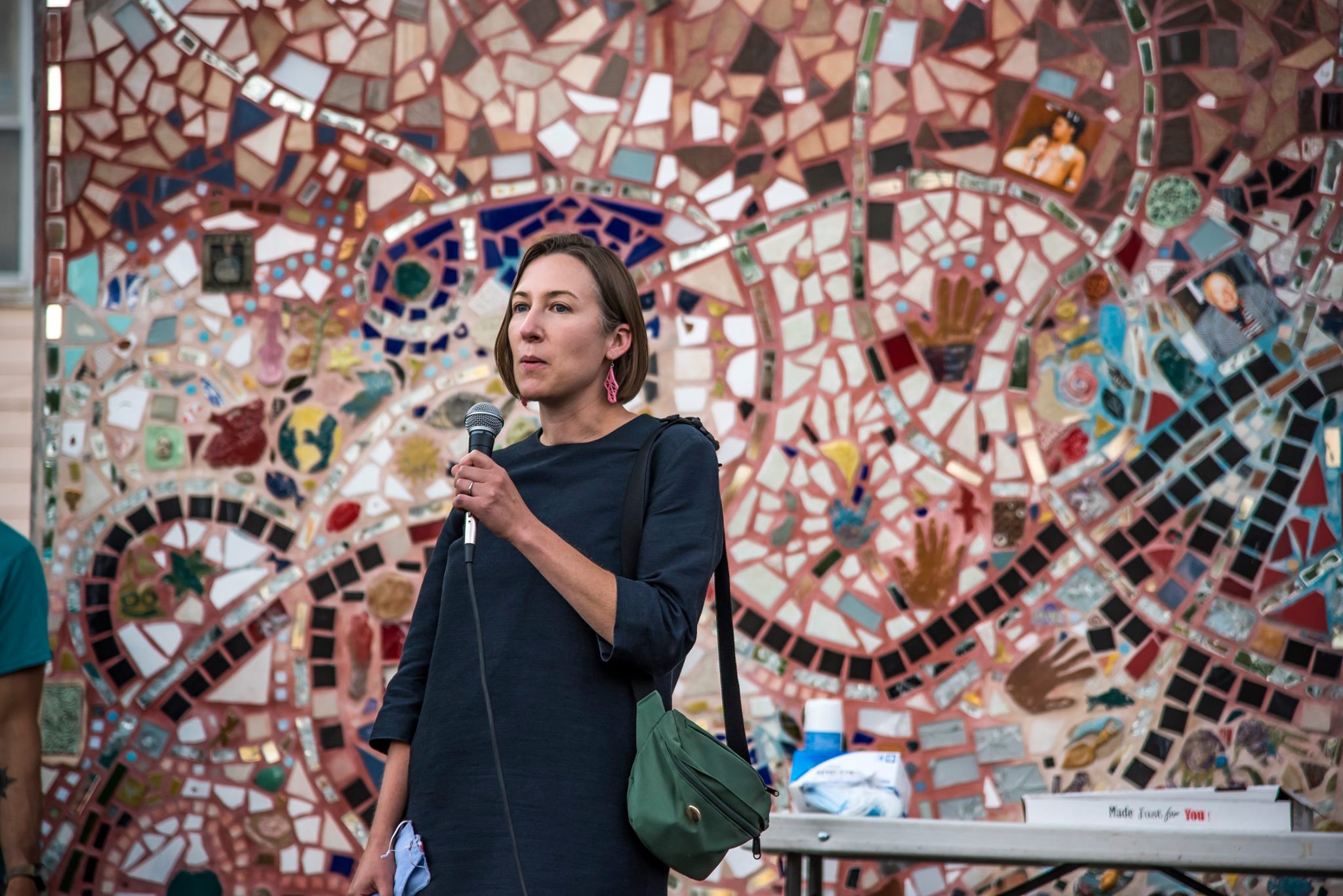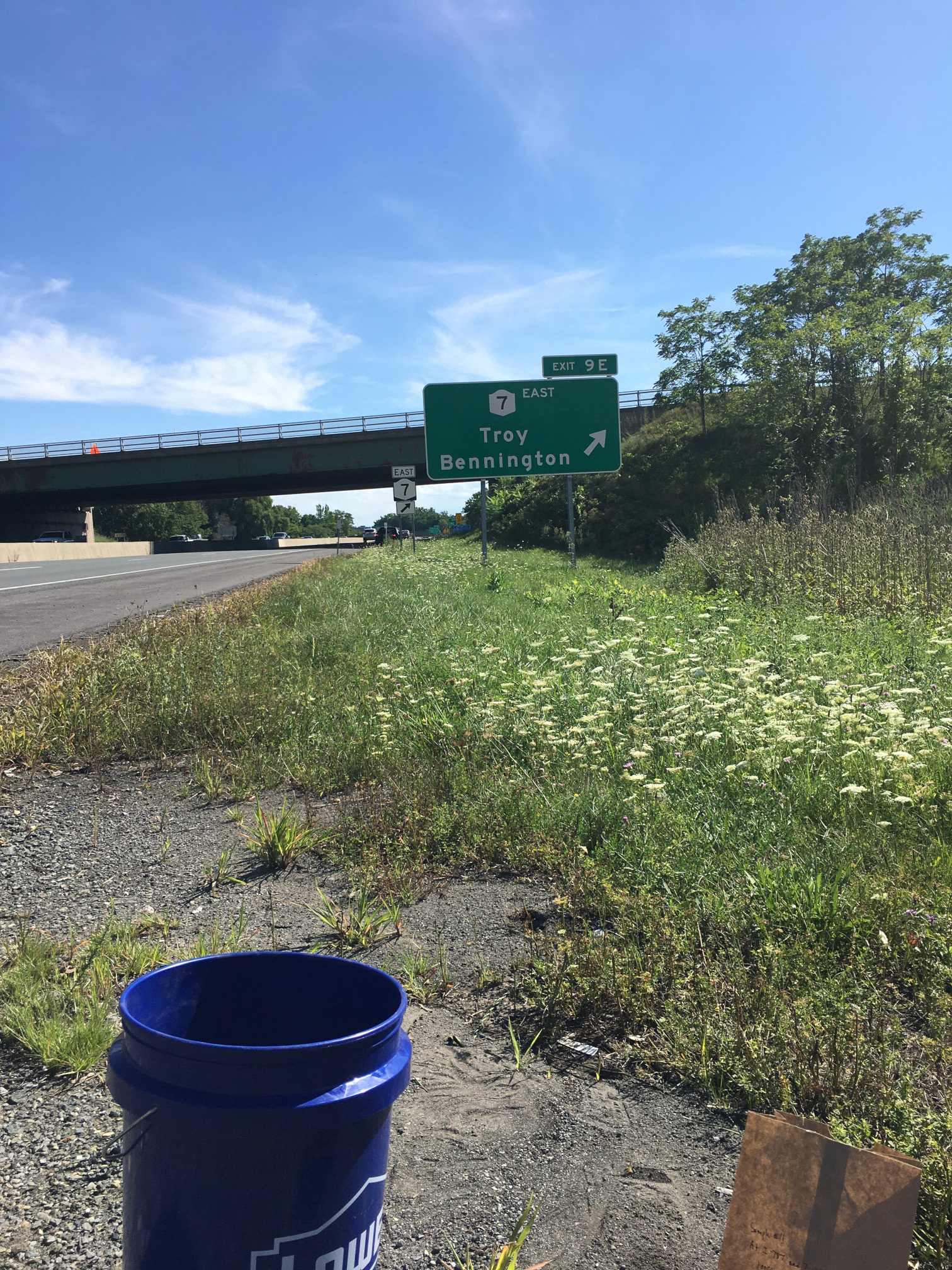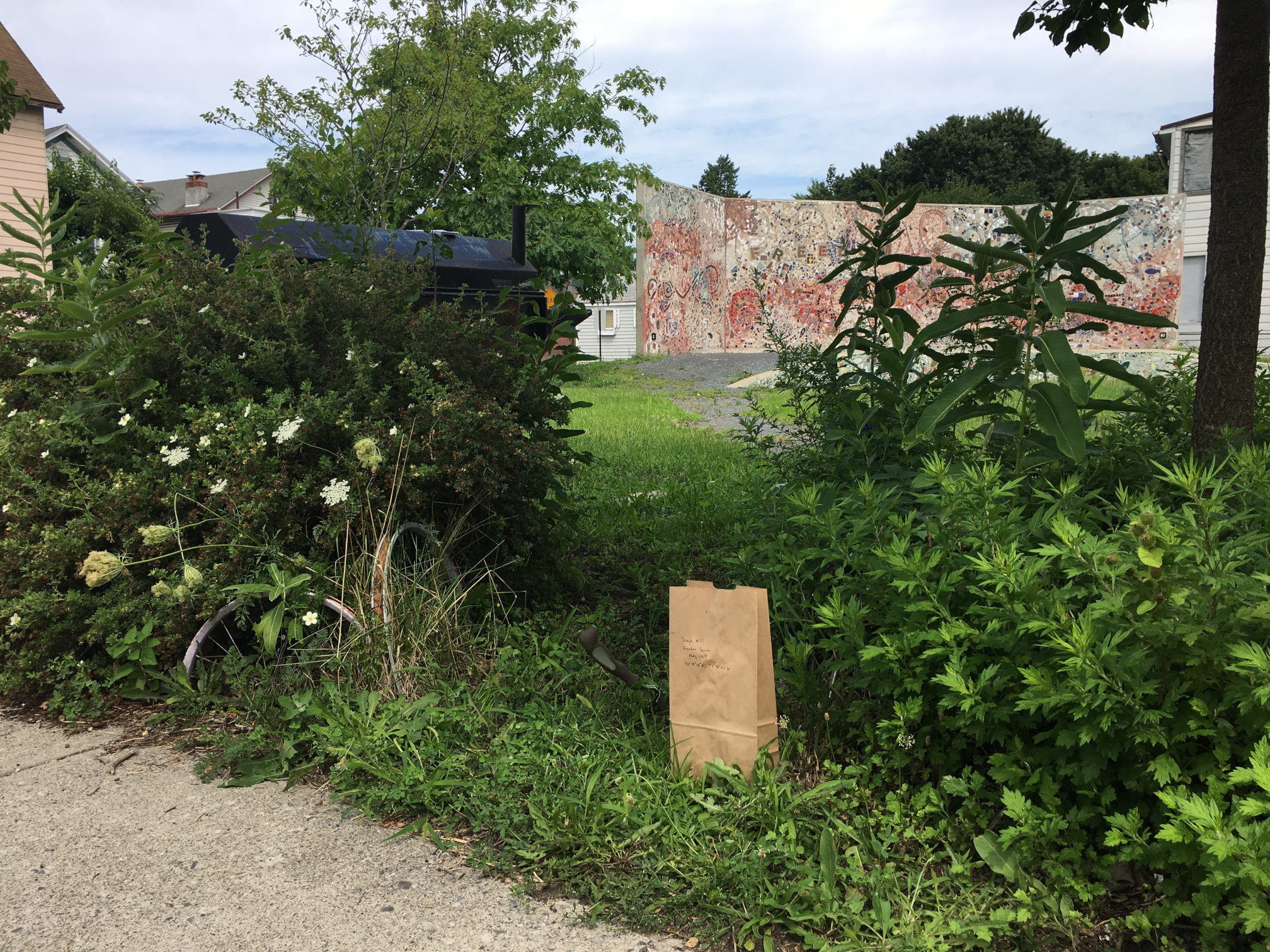The delay on our laboratory work with the Community Soil Study Toolkit due to COVID-19 has come to an end:
On September 3, Dan left his remote workplace in Philadelphia, Pennsylvania, by car for the Ramírez-Andreotta laboratory at the University of Arizona in Tucson, Arizona. He arrived on September 5 with thirty-three soil samples he collected from public spaces in and around Troy, New York, two weeks earlier. After a two-week quarantine period and laboratory safety and COVID-19 protocol training, he entered the Ramírez-Andreotta laboratory to start processing the preliminary Troy soils for use with the three colorimetric field tests for lead, arsenic and copper to include in the Community Soil Study Toolkit. The Ramírez-Andreotta laboratory has a large archive of soils that will also be used in preparing the three colorimetric tests. We are working one person (sometimes two people) at a time in the Ramírez-Andreotta laboratory, wearing cloth masks, and maintaining physical distance from one another.
Out the car window in Oklahoma:

Soils air drying in the laboratory:

